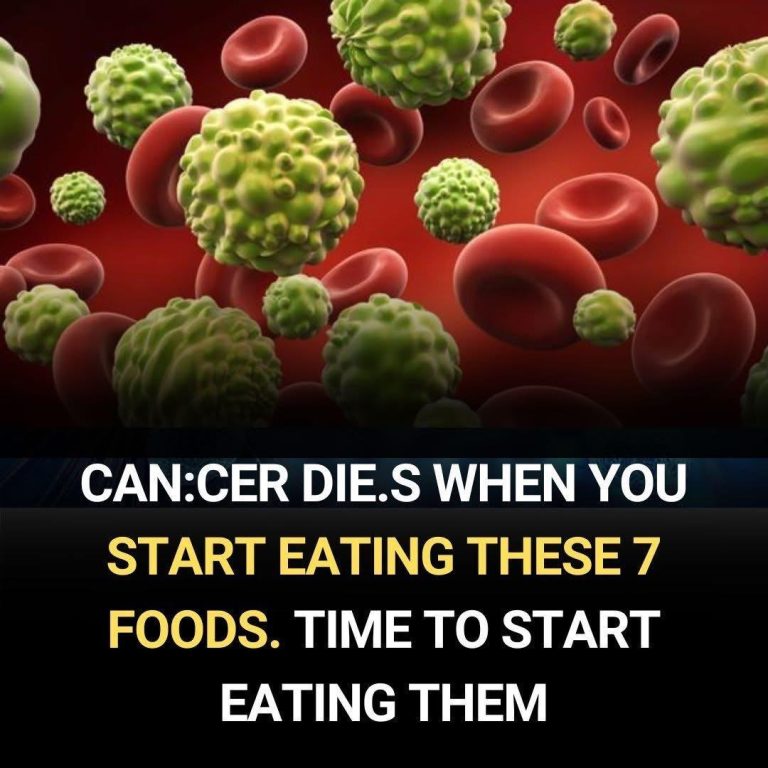ADVERTISEMENT
Too much red & processed meats, alcohol, refined carbohydrates, fried foods, and sugars, can increase your cancer risk. So too can too little exercise and too few phytochemical-rich foods [3]. You may have heard the term “anti-cancer foods” before. To be clear, there are no foods that can actually fight against cancer, however, there are some foods that, when consumed regularly, provide your body with certain nutrients that it needs in order to effectively prevent cancer from developing.
×
“Anti cancer foods” are usually plant foods that contain phytochemicals (mentioned above). Also referred to as phytonutrients, these chemicals are compounds found in plants that can help prevent a number of chronic diseases, including cancer [2]. In order to decrease your risk of developing cancer, doctors, dietitians, nutritionists, and other health care practitioners recommend that you eat a variety of phytochemical-rich fruits and vegetables on a regular basis.
Read More: Woman Was Diagnosed With Colon Cancer at 32. Here Were Her First Symptoms
8 Anti Cancer Foods to Help Lower Cancer Risk
Ingredients of healthy diet that maintains or improves overall health status
Source: Shutterstock
Wohlford says that the best way to get the most protection from cancer is to eat a variety of fruits and vegetables, and the easiest way to do this is to “eat the rainbow”- that is, choose a wide variety of colors when you’re at the grocery store. “Keep in mind that there are more than 4,000 phytochemicals that have been discovered and researched,” she says. “There’s not any one super-food that contains all of them. They all offer different functions and benefits.” [2] The following foods are known as cancer-fighting powerhouses. This is by no means an exhaustive list, but including them in your diet is a good start to lowering your cancer risk.
1. Cruciferous Vegetables
Source: Shutterstock
Cruciferous vegetables include arugula, bok choy, broccoli, Brussels sprouts, cabbage, cauliflower, kale, and turnips, among many others. They are rich in a number of important nutrients, including carotenoids (beta-carotene, lutein, and zeaxanthin), vitamins C, E, and K, folate, and minerals [4].
These hearty vegetables are also an excellent source of glucosinolates, indoles, and isothiocyanates, which are the sulfur-containing chemicals that give cruciferous vegetables their pungent aroma. These compounds have been associated with a lower risk of lung and colorectal cancer [5]. Research has indicated that eating cruciferous vegetables can lower your risk of developing several types of cancers, including prostate, colorectal, lung, and breast cancer [4].
2. Turmeric
ADVERTISEMENT
